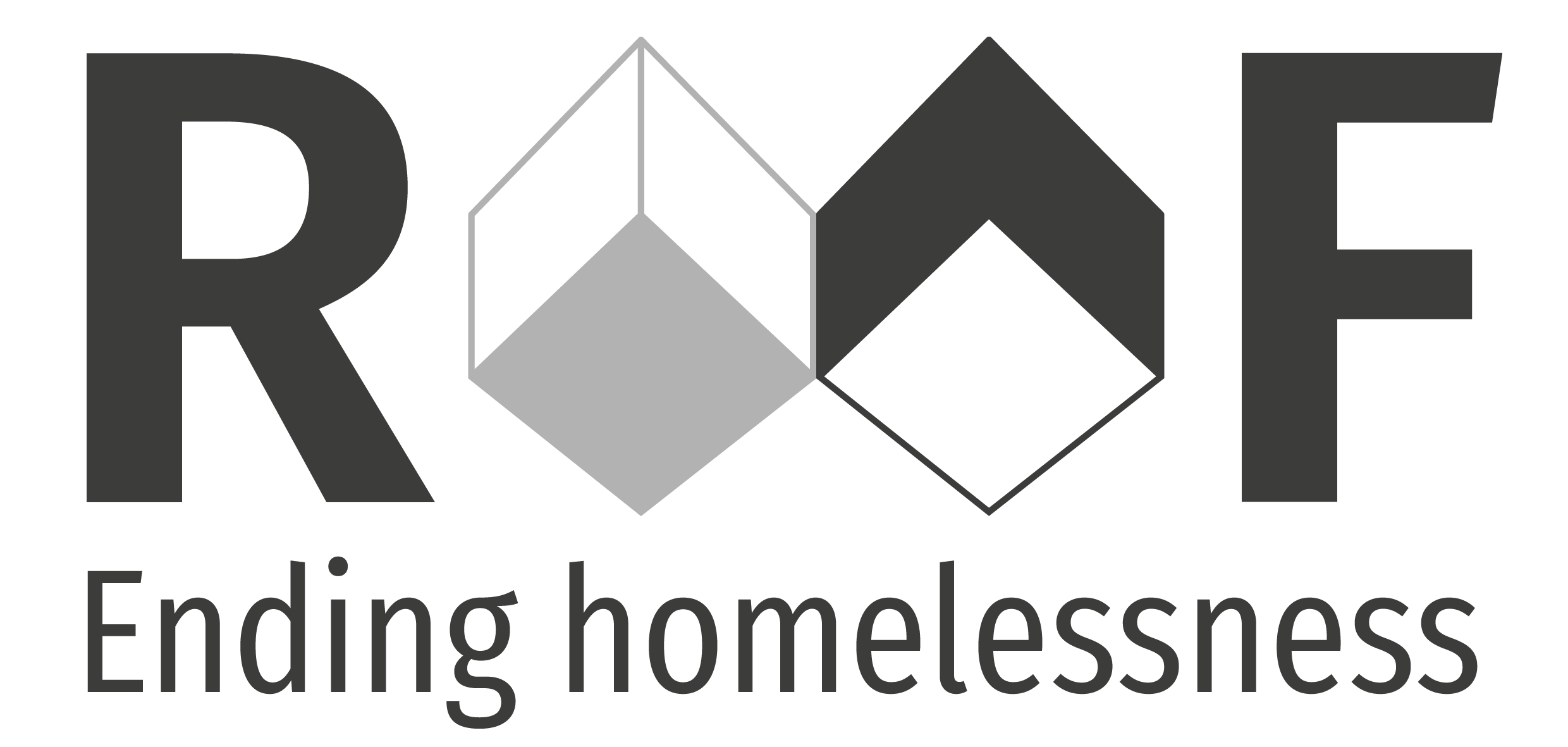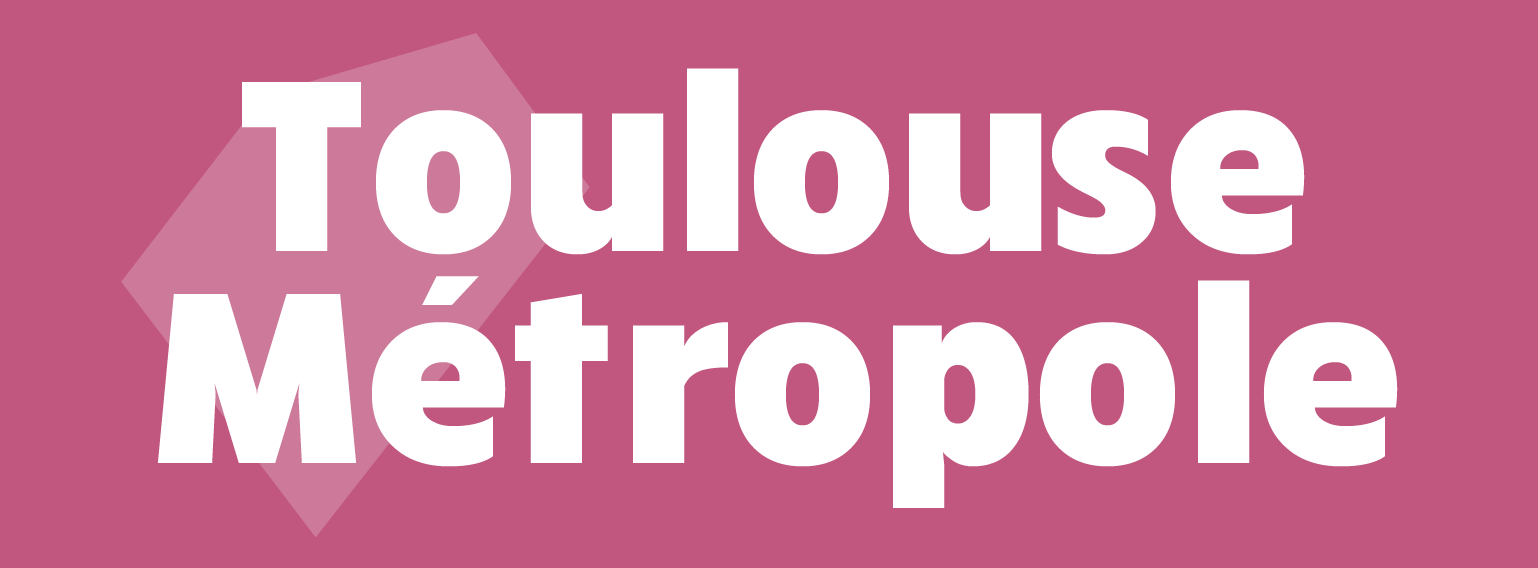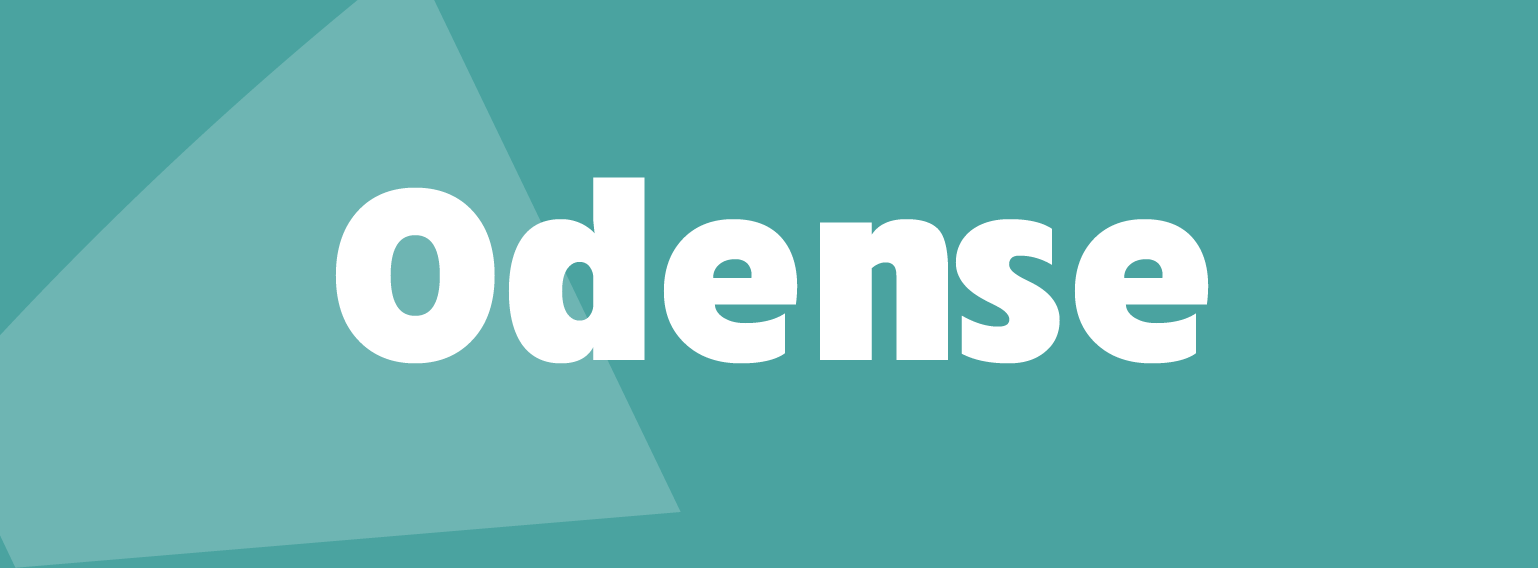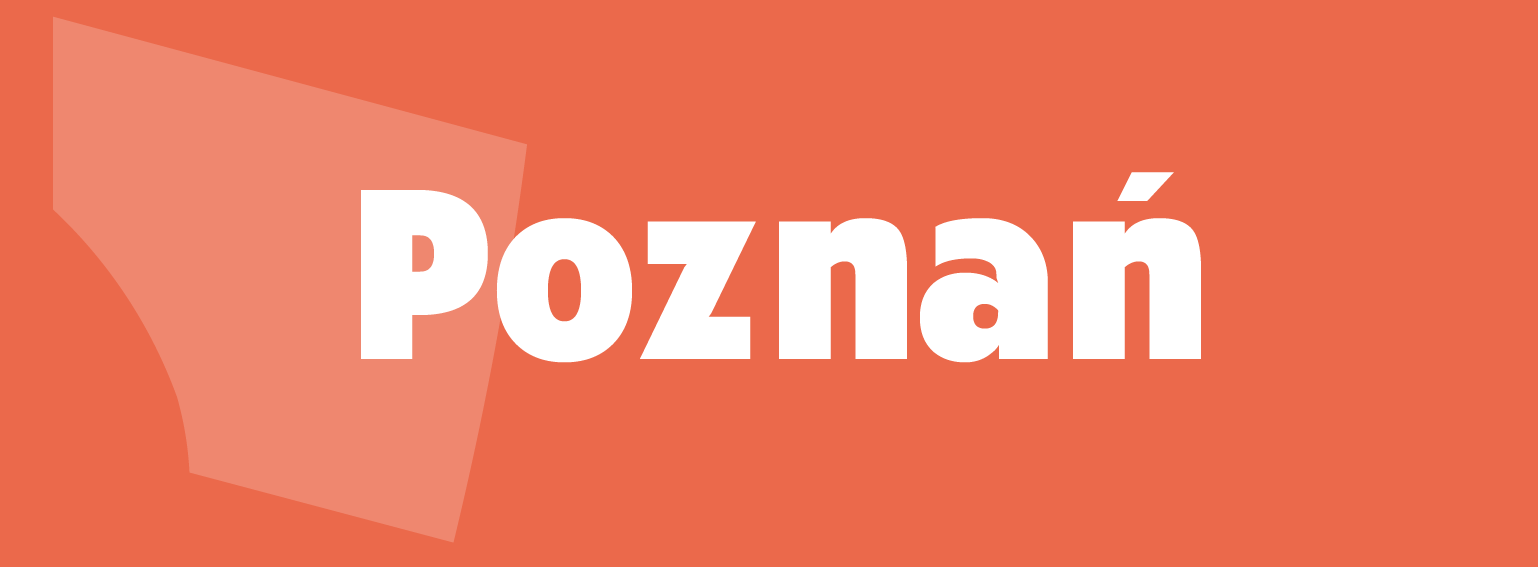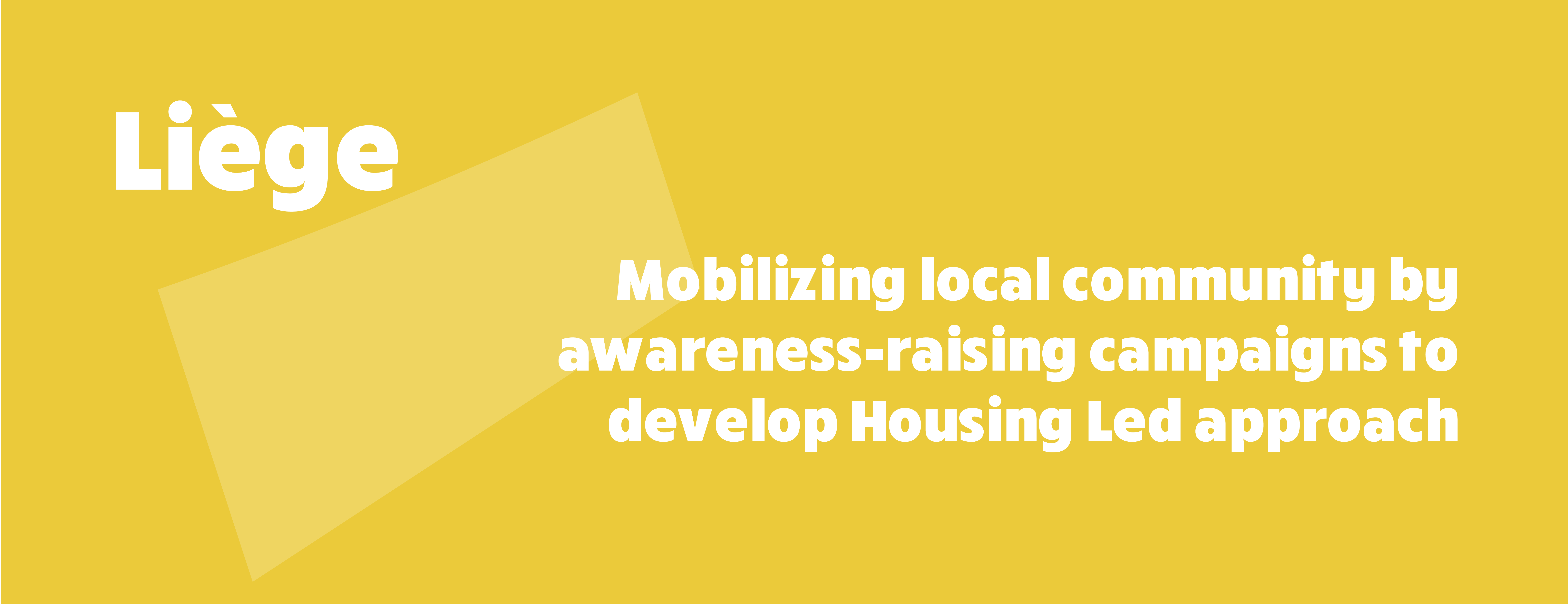
City background
Liège, the economic capital of Wallonia and the fourth largest commercial centre in Belgium, is home to 200,000 people in an urban agglomeration of 630,000 inhabitants. A post-industrial city in the process of transition, where 25% of the city’s population live below the poverty line and 770 inhabitants are homeless. Despite having 7,986 social housing units, the city still struggles with providing affordable housing, leaving 170 people roofless.
Faced challenges and strategies
Liège has a long experience in the field of homelessness, mainly represented by the presence of day and a predominant staircase model. The opening of the first supervised drug consumption room in Belgium in 2018 is used as a tool to be integrated into the strategy to combat homelessness. However, the concentration of drug users and homeless people in the city centre creates tension in the public space and in public opinion. Nevertheless, since 2012, a Housing First (HF) project has been set up and was planned to be extended. In 2019 changes in the policy towards improving the data and generalising HF have been decided and are already reflected in the action plan. However, the challenges to face are still numerous and include enlarging the network of actors, ensuring the appropriation of the HF approach, increasing the supply of housing and designing a homeless prevention policy.
Activities during the ROOF network project
With the help of working with the URBACT ROOF network, Liège focused its actions on moving from managing homelessness to actually ending it through Housing First/Led and collecting accurate data. Raising awareness and involving different stakeholders are important steps to make the paradigm shift and move towards the HF approach. Through dialogue, misunderstandings and fears have been overcome among many stakeholders. Other sectors such as housing, justice and mental health are still insufficiently involved in this process of the paradigm shift towards Housing First. The organisation of different events would help to mobilise the whole community on the issue and would allow the integrated strategic plan to be validated and disseminated.
While 2020 meetings were mainly devoted to the organisation and evaluation of the census, in 2021 the work focused on support, communication and innovative housing solutions. With the support of the King Baudouin Foundation, the first homeless count was performed in October 2020, which enabled the remobilisation of the local network, as well as the production of quality data and the integration of new concepts: ETHOS light (Typology of Homelessness and housing exclusion, FEANTSA), hidden homelessness, pathway monitoring, referents, etc
"The organization of the one point counting during Covid19, the creation of the housing task force as a place of case management, the Housing first training program for social field work and the seminar, the ULG meetings around different issues (housing solutions, data, …), The Winter school in Braga" were some highlights of our experience in Roof.

Small Scale Action
Improving Housing First awareness and communication between local stakeholders
New Communication channels to improve the knowledge of local HF actions and the ROOF project. Improve communication on social strategies implemented in local fields.
Through a survey with local stakeholders the city of Liège saw a need to work on internal and external communication tools. The local group of service providers for the homelessness is very strong but it is also very much related to the staircase model. There is a significant resistance to change and to move towards Housing First. The SSA therefore is focusing on better cooperation between the different organizations to then communicate as a collective. The SSA will consist of developing new solutions both for communication and for housing solutions. This will be done through a new collaboration with the Master of social design and the Master in architecture.
As next steps we have: "Ensuring continuous monitoring of the chronically homeless through the creation of a one-stop shop, strengthening the supply and quality of support Increasing the supply of public and private housing for the homeless, and the creation of a 24-hour low-threshold center for drug users".
Liège's Integrated Action Plan
Despite the staircase model still being predominant in Liège, the City, its social welfare centre (CPAS) and the partners of the local network of public and private homelessness organisations (RSPL) decided in 2019 to change the policy by improving the data and generalising the Housing First/Housing-Led approach.
With the ULG mainly consisting of the operators of the homelessness sector, the challenge is now to involve actors from housing, health, mental health, addiction, youth work and legal aid.

Braga’s IAP, focusing on the “House of Skills” will be implemented from March 2022 to March 2023. The city’s main objective through this process is to Empower Persons in Homeless situations with Labour, Social and Personal Competencies. The main actions to achieve this objective include:
Data
•Organising One-point counting
•Monitoring the housing inclusion pathways
•Collecting data of the service provider
Housing
•Developing public housing units
•Introducing Social Rental Agencies
•Increasing the number of Solidary Owners and Housing Catchers
•Renovating shelters for better usage
•Initiating Cooperative Housing
•Locating light habitat areas
Support
•Building a Housing task force for case management
•Developing training programmes and workshops to build capabilities
•Initiating Owner Solidarity and Housing-Led projects to involve more partners
Prevention
•Effectuating a General prevention to avoid eviction
•Focusing on the Prevention of youth homelessness
•Preventing discrimination
•Protecting women victims of violence
•Raising awareness among owners through a discrimination campaign
